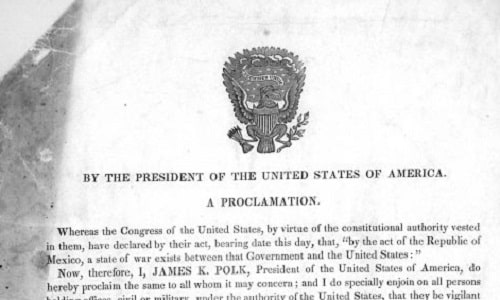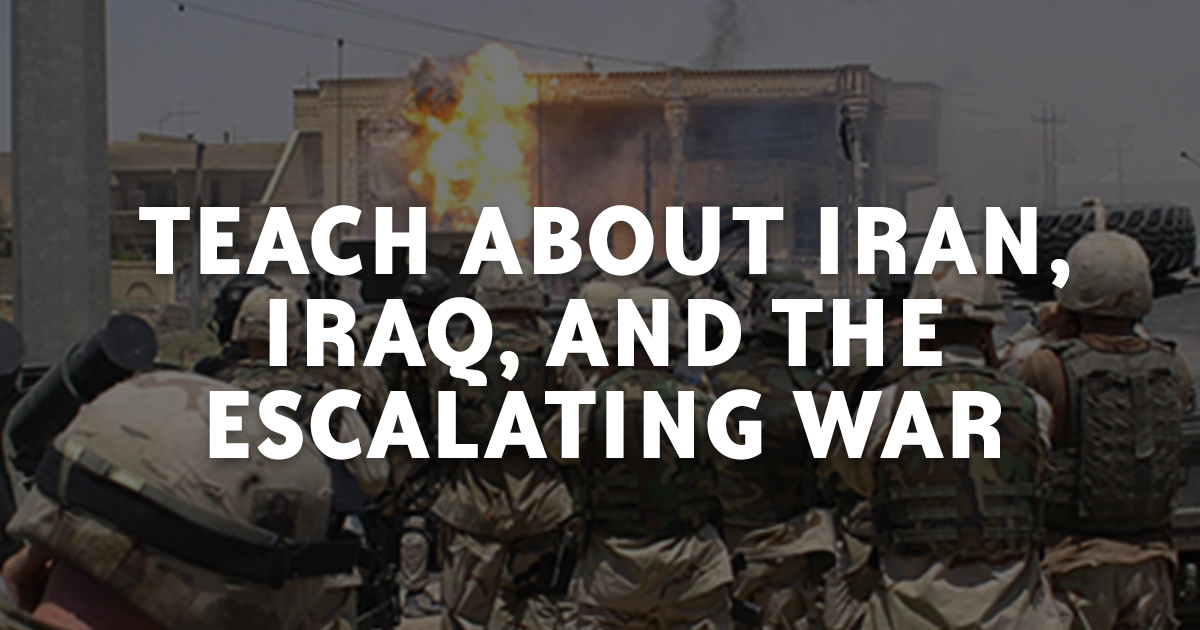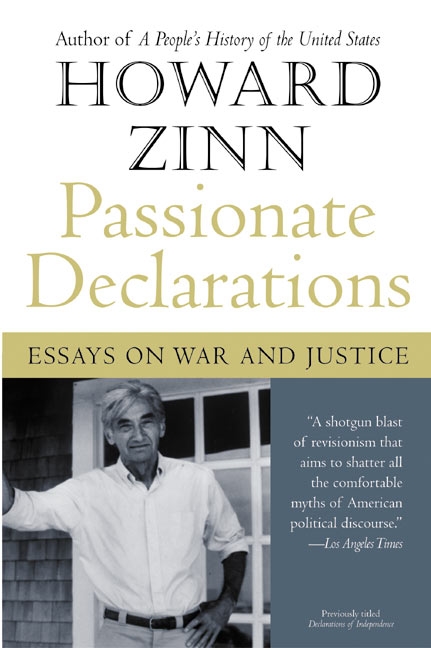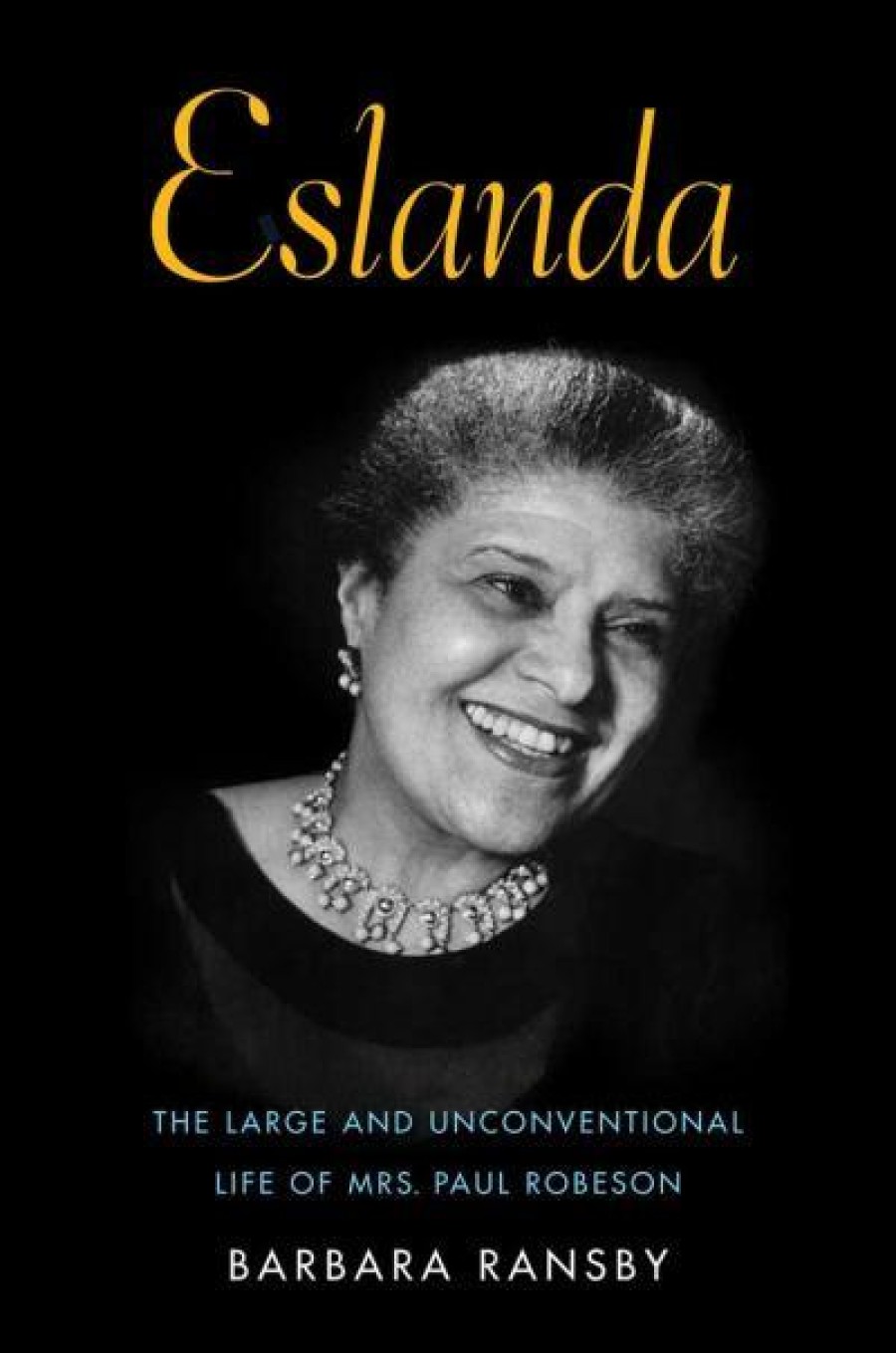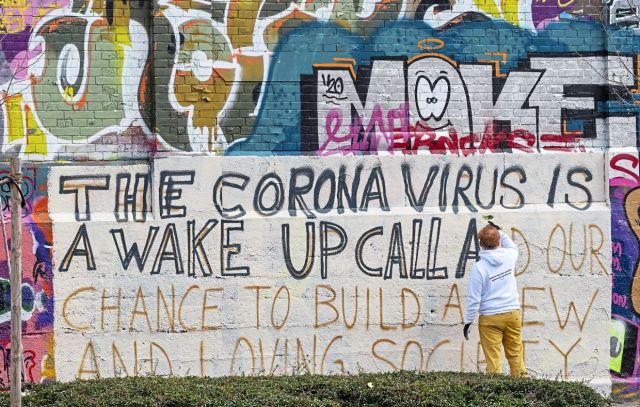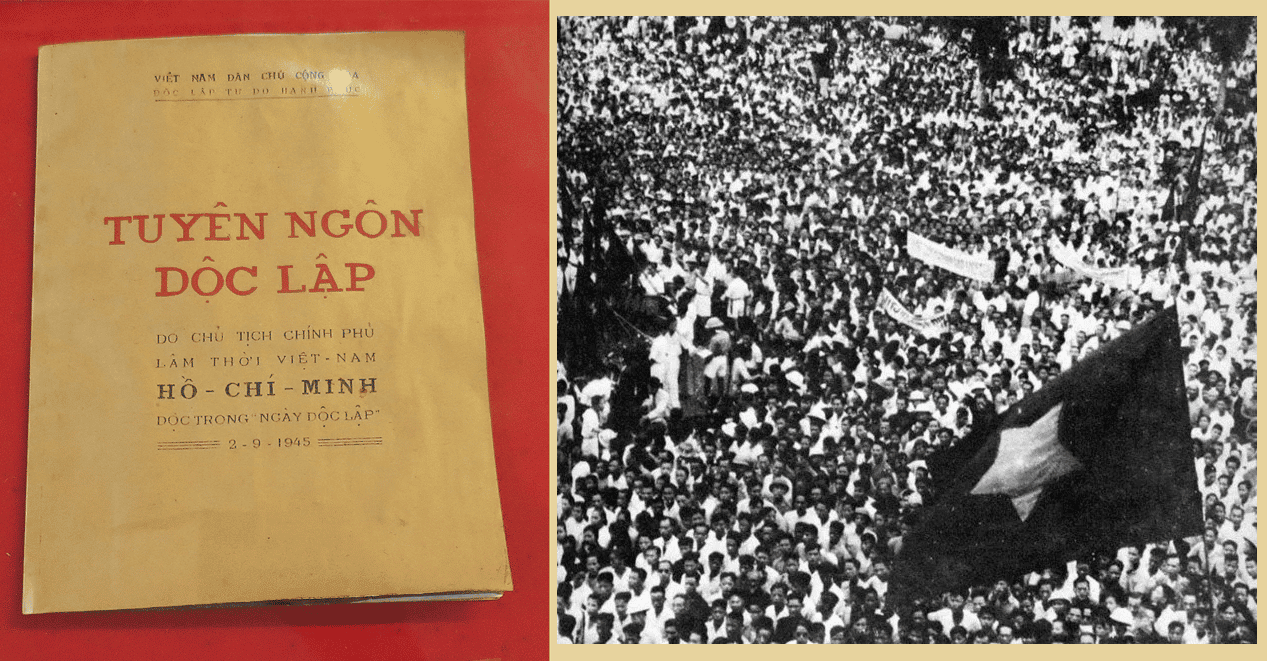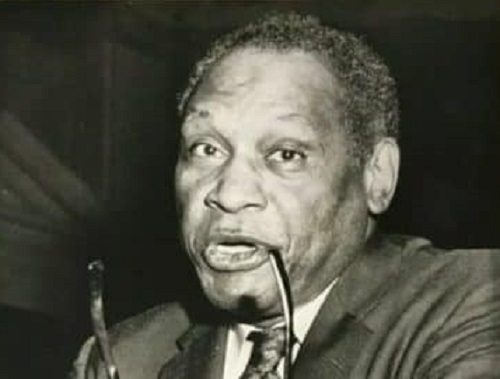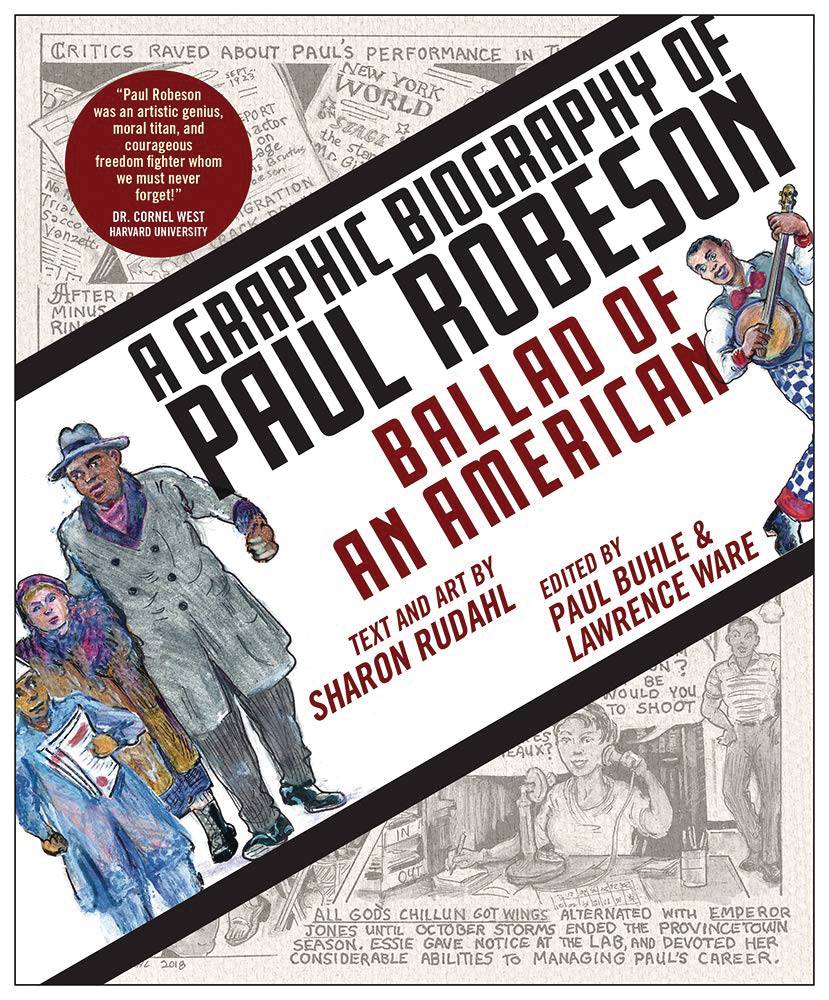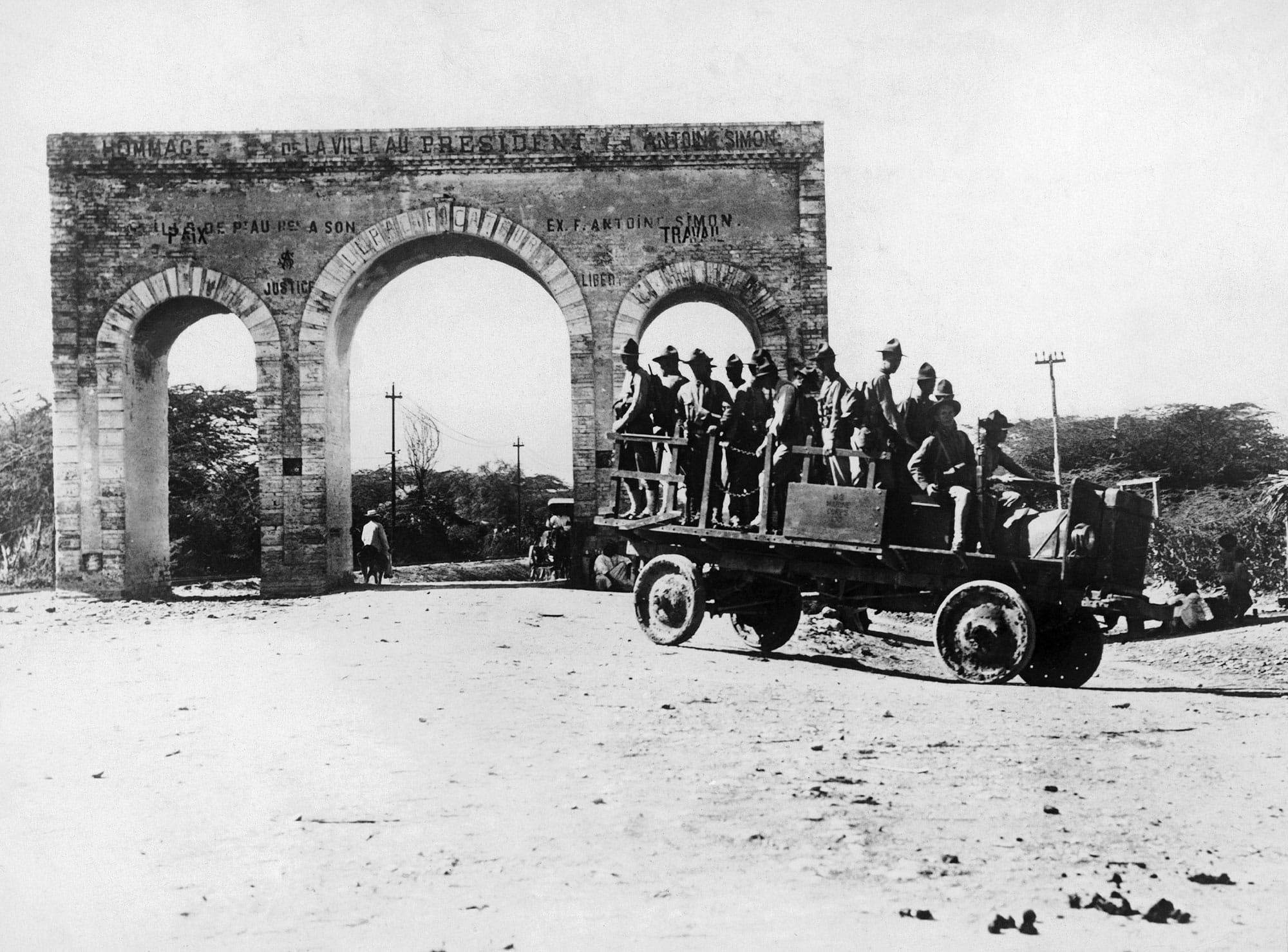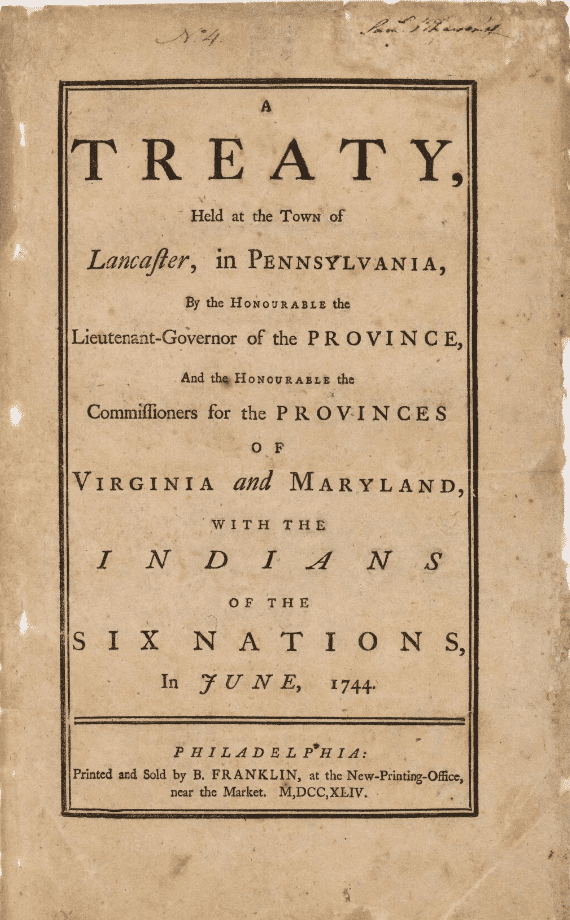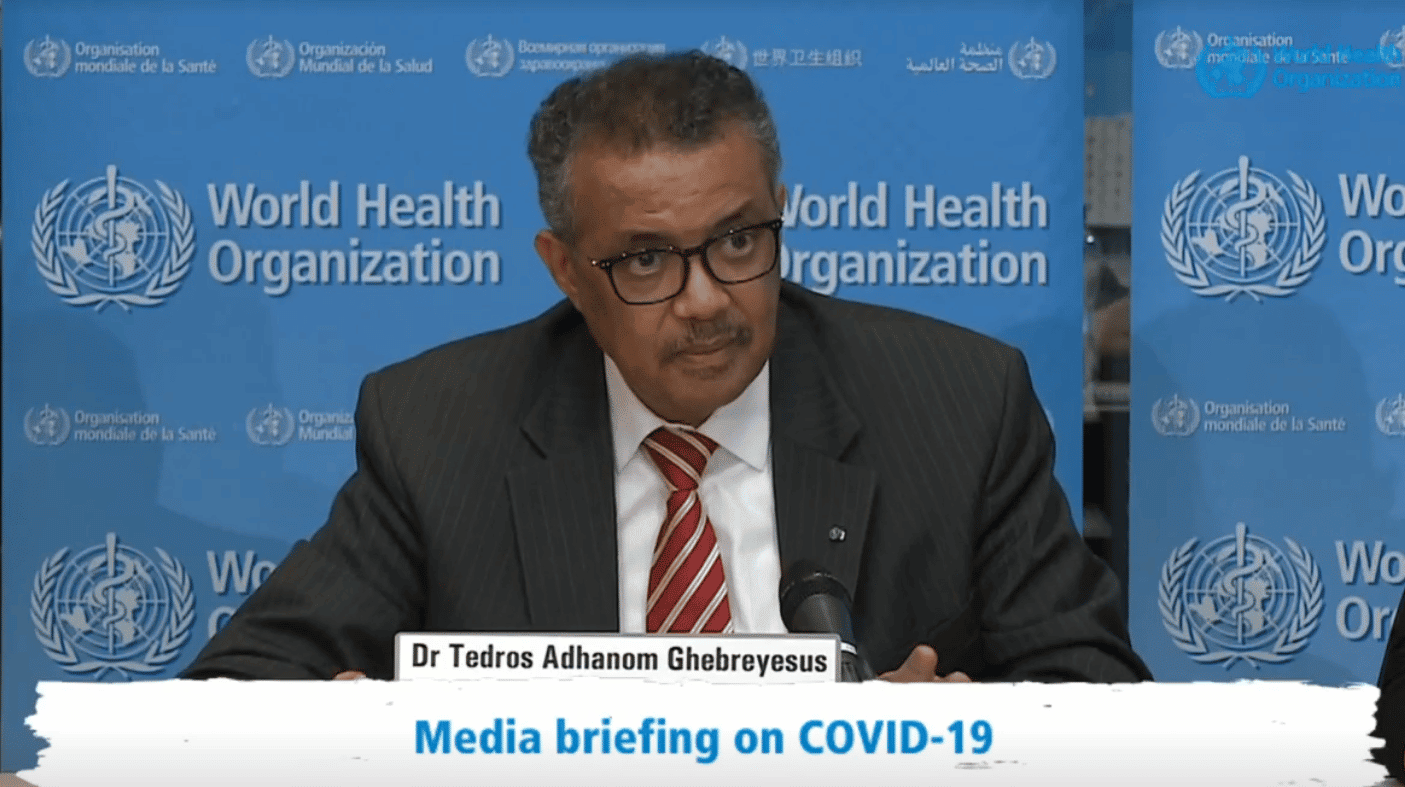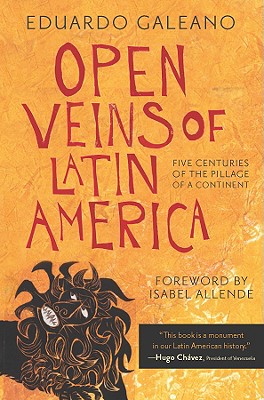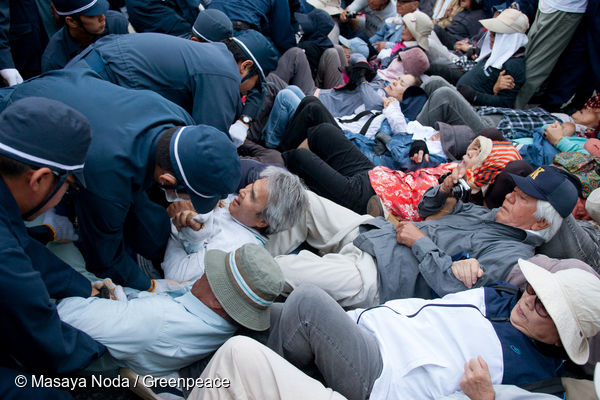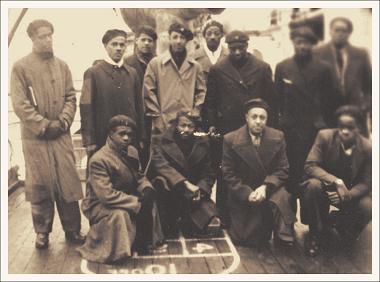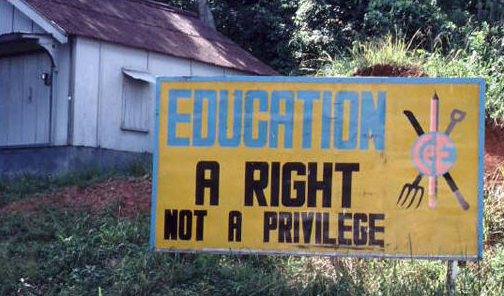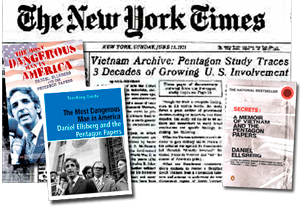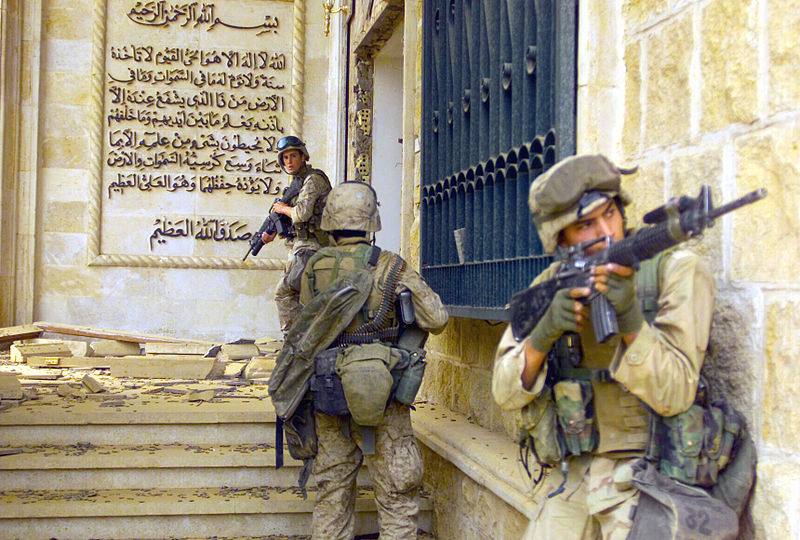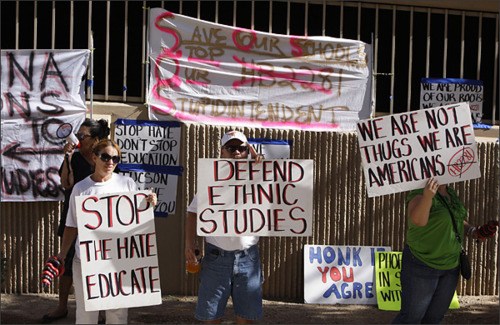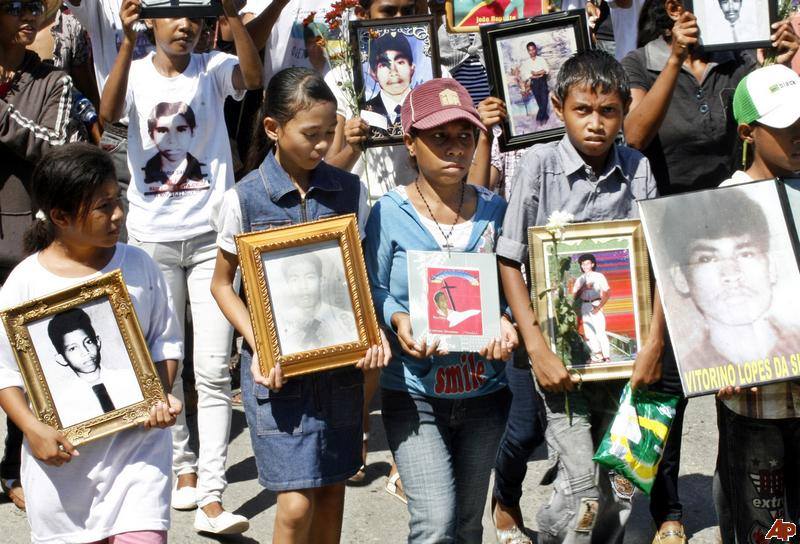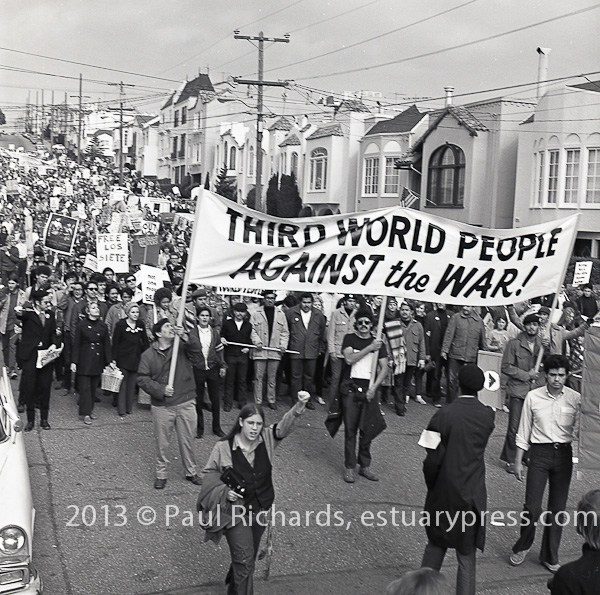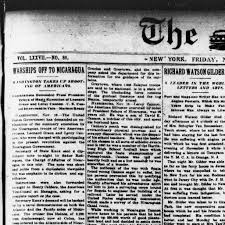The U.S. Congress overwhelmingly voted in favor of President James K. Polk’s request to declare war on Mexico.
Continue reading
Teach students about U.S. imperialism and war in the Middle East, and offer a historical context, with people's history resources.
Continue reading
Book — Non-fiction. By Howard Zinn. 2003. 368 pages.
A selection of passionate, honest, and piercing essays looking at political ideology in the United States.
Continue reading
Book — Non-fiction. By Barbara Ransby. 2013. 373 pages.
This biography of cosmopolitan anthropologist Eslanda Cardozo Goode Robeson explores her influence on her husband's early career, their open marriage, and her life as a prolific journalist, a tireless advocate of women's rights, and an outspoken anti-colonial and antiracist activist.
Continue reading
Teaching Activity. By Caneisha Mills.
This people’s tribunal begins with the premise that a heinous crime is being committed as tens of millions of people’s lives are in danger due to COVID-19. But who was responsible for this crime? Students weigh the evidence.
Continue reading
Here are resources to help students probe the roots of U.S. involvement in Vietnam and the impact of the Vietnam War — which the Vietnamese rightly call “The American War” — and resistance to the war.
Continue reading
Paul Robeson testified before the House Committee on Un-American Activities, where he was questioned about his political speech, associations, and party affiliation.
Continue reading
Book — Non-fiction. Written and illustrated by Sharon Rudahl. Edited by Paul Buhle and Lawrence Ware. 2020. 142 pages.
The first-ever graphic biography of Paul Robeson charts Robeson’s career as a singer, actor, scholar, athlete, and activist who achieved global fame.
Continue reading
One of the worst massacres of civilians during the 19-year American occupation of Haiti took place in Les Cayes.
Continue reading
Digital collection. View digitized historic treaties between Indigenous tribes and the U.S. government alongside key historic works that provide context to the agreements made and the histories of shared lands.
Continue reading
In early March 2020, the World Health Organization declared the COVID-19 threat to be great enough to warrant labeling it a pandemic.
Continue reading
Book — Non-fiction. By Eduardo Galeano. 1997. 360 pages.
Gripping history of the land and people of Latin America.
Continue reading
During the No Gun Ri Massacre, the U.S. Army ordered that all Korean civilians traveling and moving around the country must be stopped.
Continue reading
Using arms from the United States, Indonesian troops fired on a peaceful procession in East Timor, killing more than 270 people.
Continue reading
The second anti-war Moratorium occurred with over 500,000 marching in Washington, D.C. and demonstrations throughout the country and the world.
Continue reading
Six Jesuit scholars/priests and two staff members were murdered by the U.S.-backed military in El Salvador.
Continue reading
President William Howard Taft ordered U.S. warships to Nicaragua to defend U.S. corporate profits.
Continue reading

